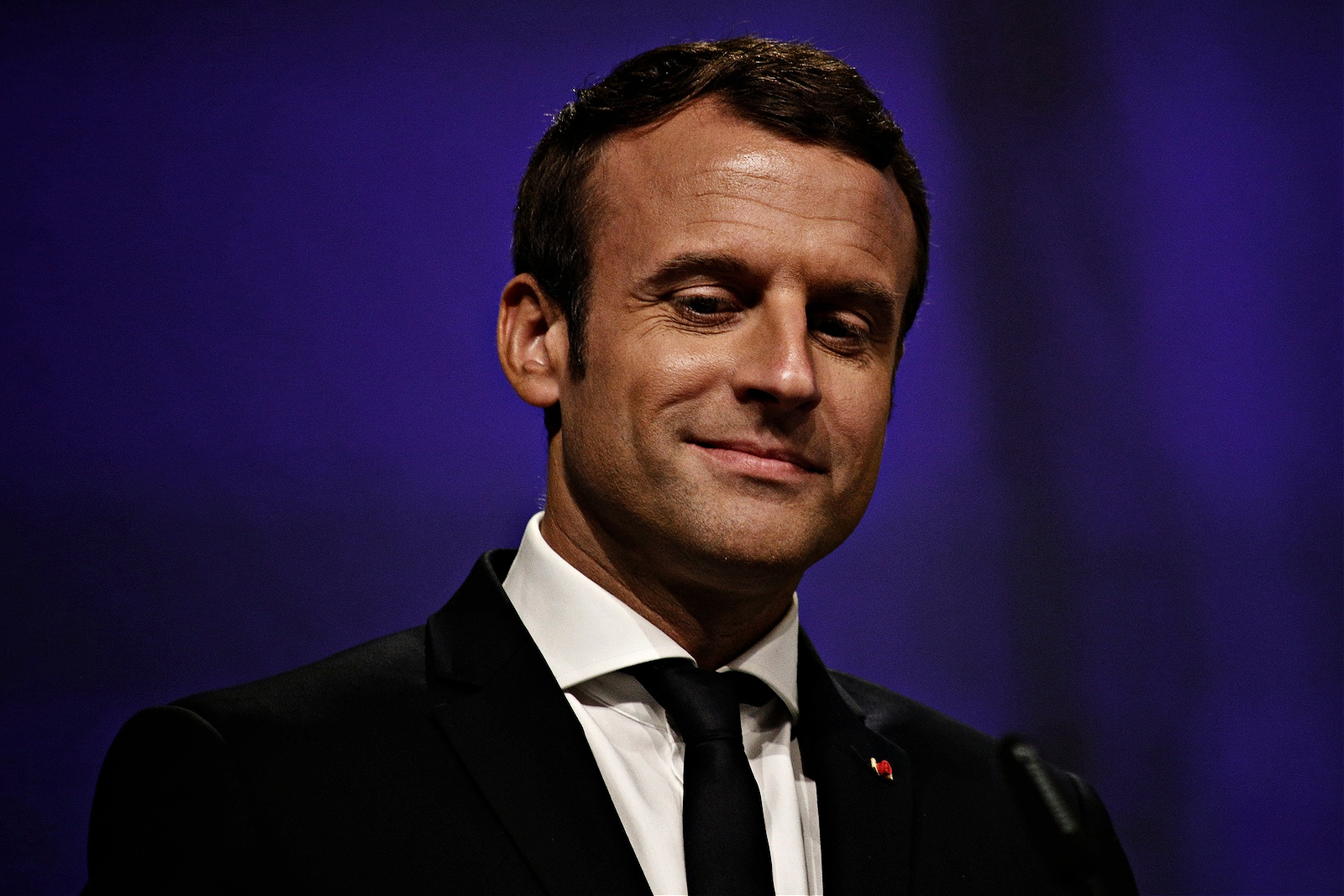
Culture
The Mirage of Progress: Why France is Guilty of Sportswashing
The announcement that France will host the 2024 Summer Olympics, heralded as the first Games to ensure complete gender parity, appears as a stride towards women’s rights. However, a closer examination may reveal underlying motivations. Historically, France’s record on minority rights, particularly concerning its Muslim population, has been controversial. Critics argue that under the guise of various noble ideals—from Christianity in the medieval era to contemporary secularism—policies that disproportionately affect Muslims could amount to what the United Nations categorizes as persecution. In this light, the progressive stance on gender equality at the Olympics could be seen as an attempt to divert attention from these deeper issues—a practice known as sportswashing.
The concept of sportswashing comes into play when a country with a concerning human rights record hosts a prominent sports event or acquires a celebrated athlete, aiming to shift the global gaze from its human rights issues. However, scrutiny of media narratives suggests that accusations of sportswashing predominantly target Arab-speaking or Muslim-majority nations when they are in the global sports spotlight—as was evident during the 2022 FIFA World Cup in Qatar. Contrastingly, Russia and China, despite their well-documented human rights challenges, have largely escaped this label in similar contexts. This disparity raises questions about the consistent application of the sportswashing critique across different geopolitical landscapes.
The roots of Islamophobia in France can be traced back to the medieval era, specifically to 1095 when Pope Urban II called for the First Crusade at the Council of Clermont. These crusades, spanning nearly two centuries, resulted in the deaths of an estimated 4 million Muslims and are often viewed as a precursor to European colonial endeavors. After the Crusades, as the Ottoman Empire expanded with the conquest of Constantinople in 1453, European powers, including France, embarked on a widespread colonial campaign. France’s colonial history is marked by numerous atrocities, particularly in Algeria. French colonization, beginning with the conquest of Algiers in 1830 and leading to the Algerian War in the mid-20th century, witnessed the tragic loss of over 3 million Algerian lives during this period.
France, along with other Western nations, often positions itself as having moved beyond the era of imperialism and colonization. However, contemporary policies towards Islam and Muslims in France suggest a pattern of actions that some interpret as persecution. In 2010, France enacted a law prohibiting face-covering garments like the niqab and burqa in public spaces. This legislation was followed by prohibitions against the hijab and abaya in public schools, and some municipalities went further, banning the burkini—a modest swimsuit for Muslim women—on beaches, leading to enforcement actions that have been criticized for violating personal rights. Additionally, there have been instances where individuals have faced accusations of radicalization for engaging in practices such as wearing traditional Islamic attire, expressing political views about the state of Israel, observing daily prayers, fasting during Ramadan, or not openly supporting feminism and LGBTQ rights—issues that some claim are used by Western governments to marginalize Muslim communities. Furthermore, in the wake of terrorist attacks like the Charlie Hebdo and Bataclan incidents, there have been reports of sweeping police raids in predominantly Muslim neighborhoods, with lasting traumatic impacts on women and children in those communities.
France’s foreign policy, particularly in Muslim-majority regions, has been a subject of intense debate. While France notably abstained from the 2003 invasion of Iraq, it later engaged in the U.S.-led coalition against ISIS, conducting airstrikes in Syria. Critics argue that these actions resulted in civilian casualties and inadvertently provided ISIS with a narrative to justify attacks on French soil. Moreover, France’s financial policies in sub-Saharan Africa have been controversial. Critics assert that France has perpetuated economic dependency through colonial-era debt mechanisms and by controlling the national reserves of fourteen African countries since 1961, which they argue contributes to the economic challenges faced by these nations.
Upon Qatar’s selection as the host for the 2022 FIFA World Cup, the Western media spotlight turned to the country’s human rights record. Concerns were raised about the treatment of migrant workers under the Kafala system, the legal repercussions for victims of sexual assault, and the rights of LGBTQ individuals. Critics in Western political and media circles questioned the appropriateness of Qatar hosting the World Cup, citing these human rights issues. Conversely, voices from Arab and Muslim communities accused these criticisms of being tinged with Islamophobia and anti-Arab sentiment, especially after the publication of a French cartoon that depicted the Qatari soccer team as terrorists. In the months leading up to the event, it was reported that some Arab journalists, including notable figures like Khaled A. Beydoun, were approached by international news networks with requests to write disparaging articles about Qatar—requests they viewed as attempts to lend credence to prejudiced narratives.
Numerous female attendees of the 2022 FIFA World Cup in Qatar reported feeling safe walking alone at night, a sentiment echoed by women residing in the country, indicating that such a sense of security was not a mere byproduct of the World Cup festivities. Contrastingly, France has struggled with street harassment, with a spotlight on the issue following a 2018 incident in Paris where a woman was assaulted after resisting a man’s advances, leading to the criminalization of catcalling. The pervasive feeling of danger for women walking alone at night in various French cities underscores a broader social challenge. This juxtaposition suggests that Western nations like France may need to reflect on their internal issues before levying accusations of sportswashing against Arab Muslim nations such as Qatar and Saudi Arabia. Furthermore, it prompts a call for the media industry to apply an equal standard of scrutiny to all nations, regardless of geography or culture.

